
Signaler une exploitation sexuelle d'enfants en ligne.
Aidez à supprimer des photos et vidéos nues, partiellement nues ou sexuellement explicites prises avant vos 18 ans.
Abonnez-vous pour recevoir des mises à jour
Changer de langue
Sélectionnez une juridiction sur la carte, dans la zone de recherche ou dans la liste
Mis en avant

Bienvenue sur la Global Platform for Child Exploitation Policy
NCMEC
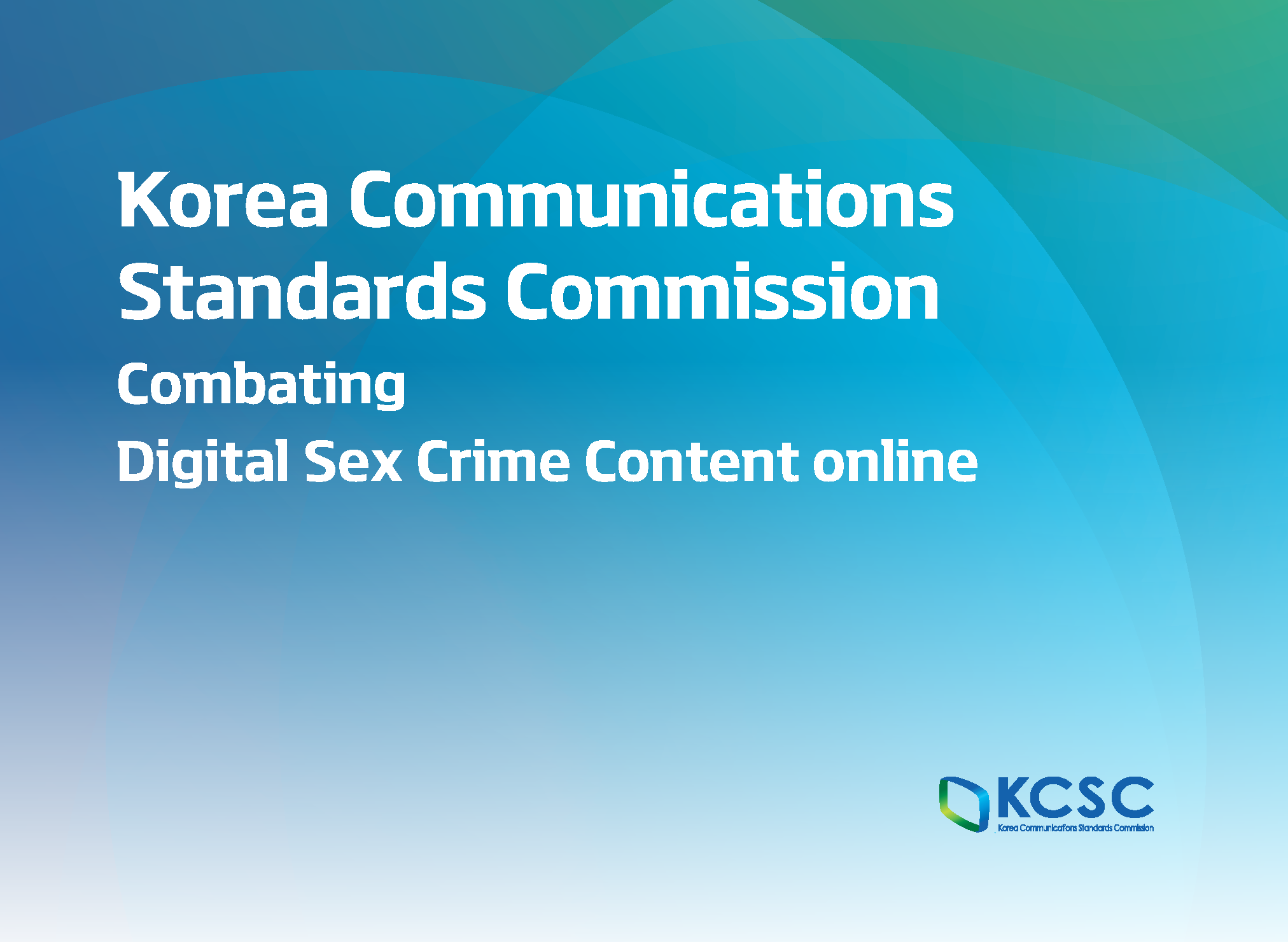
La Korea Communications Standards Commission
KCSC
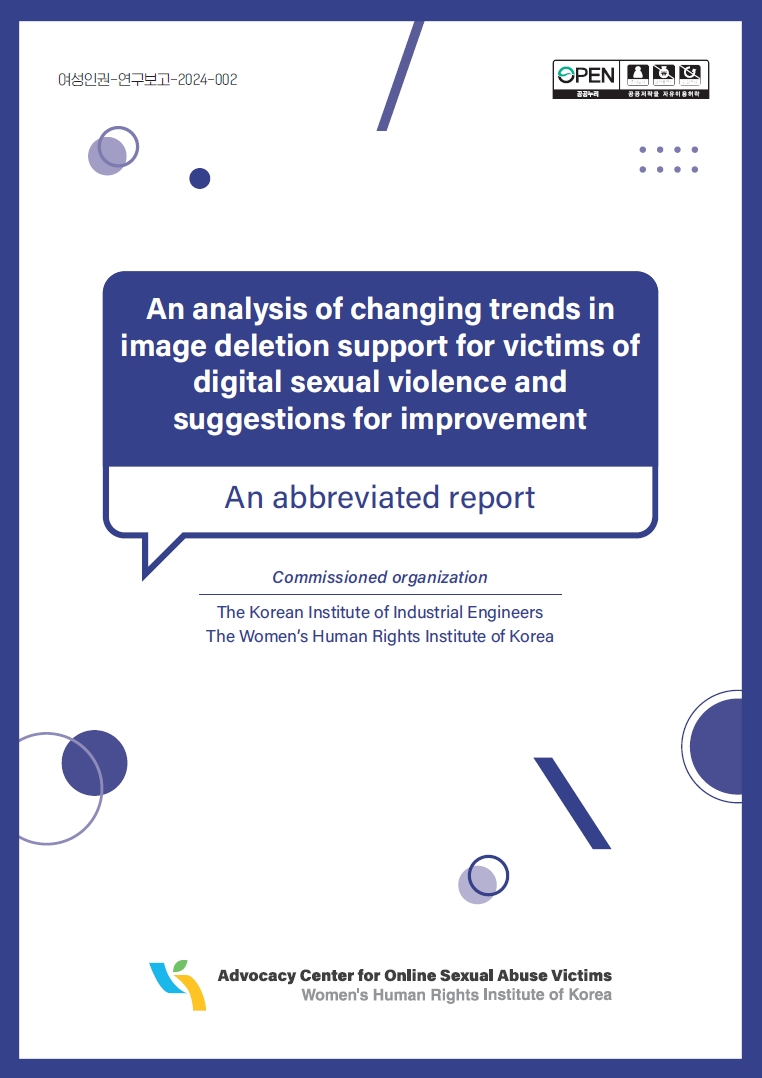
Tendances de l'aide à la suppression d'images en Corée du Sud
Women’s Human Rights Institute of Korea
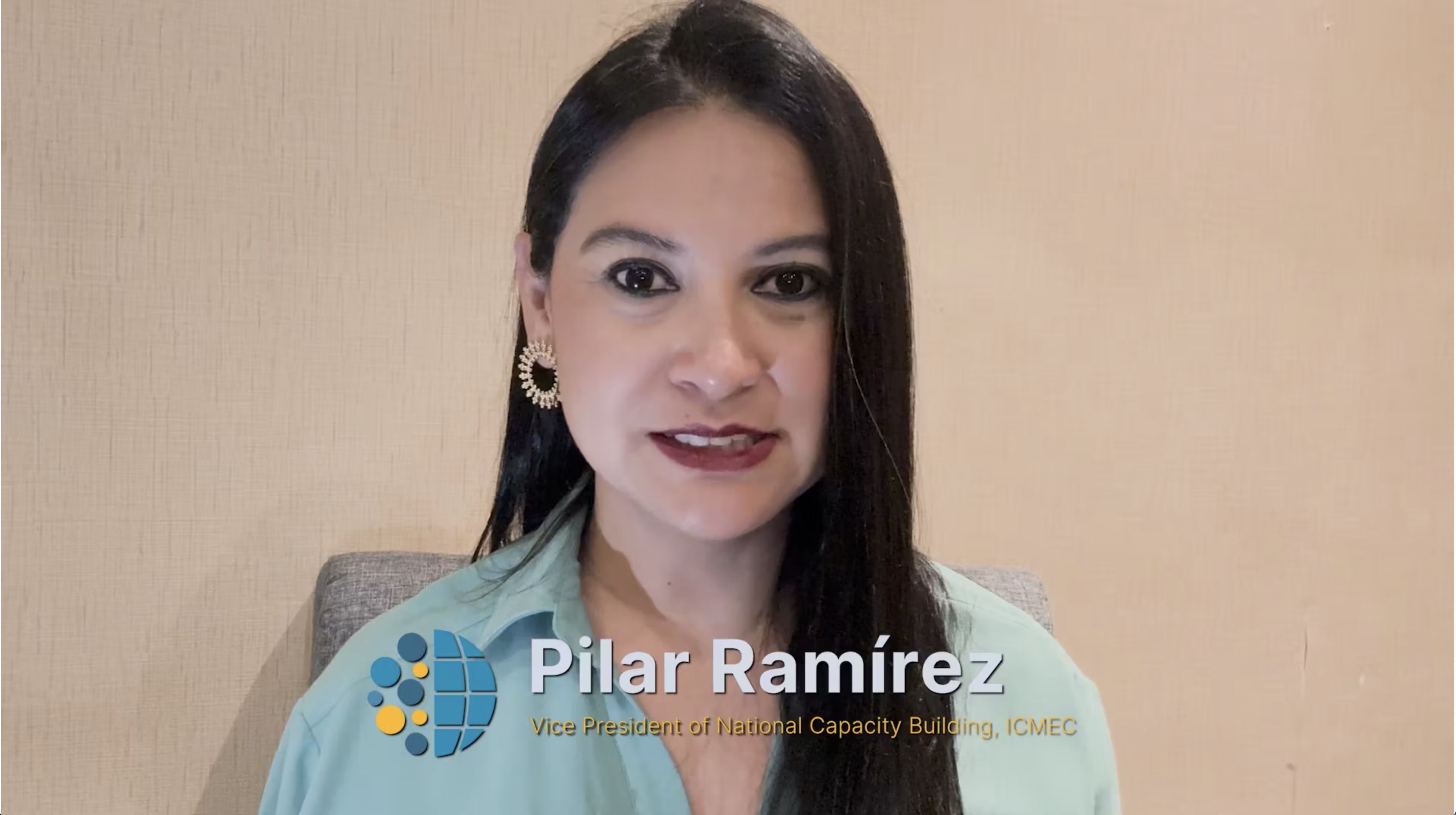
Réponse multisectorielle et évaluation des capacités
International Centre for Missing & Exploited Children
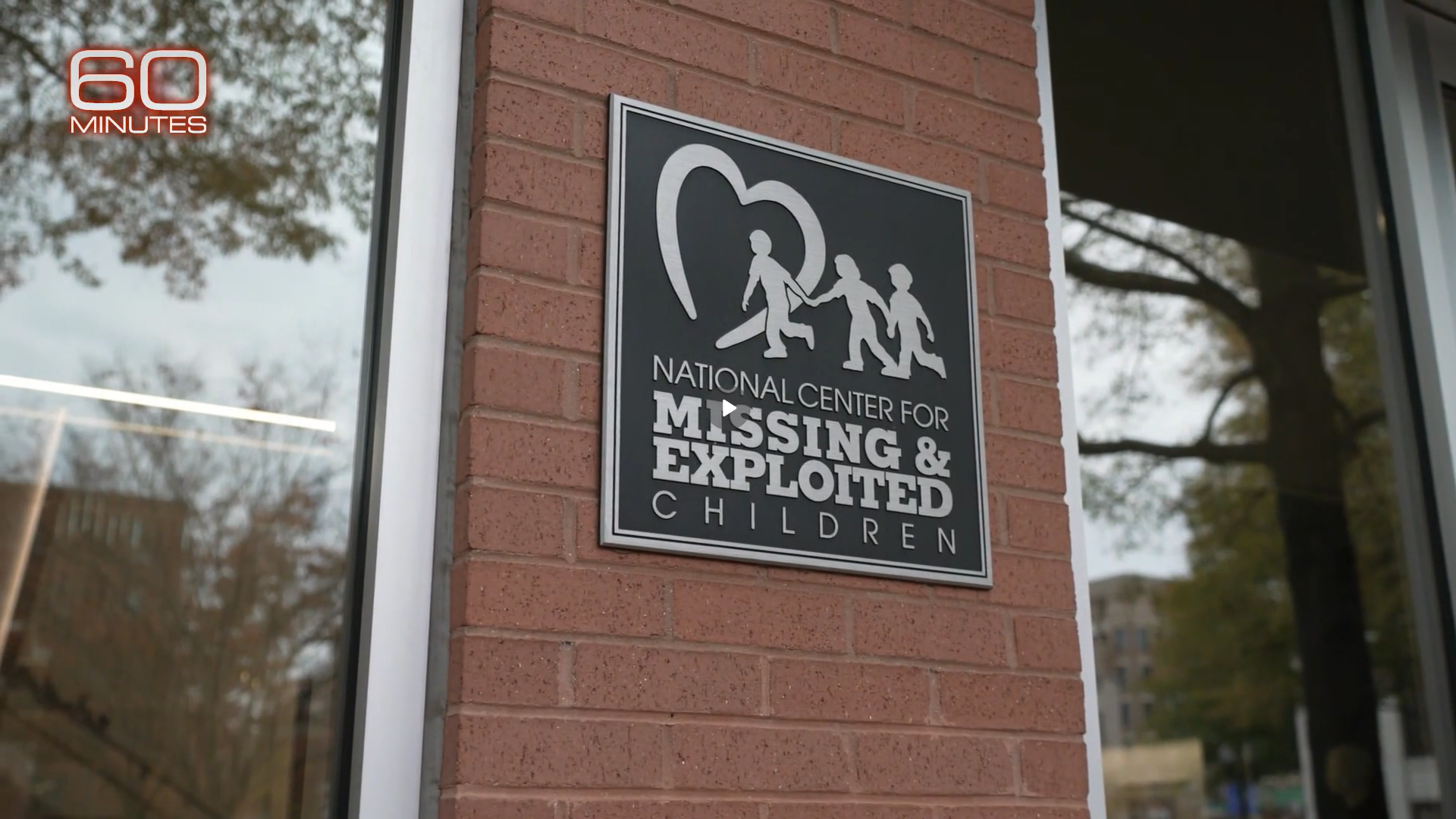
Dans l'émission « 60 Minutes », le NCMEC demande que des lois soient adoptées pour lutter contre les services de « déshabillage » de l'IA
CBS News | 60 Minutes
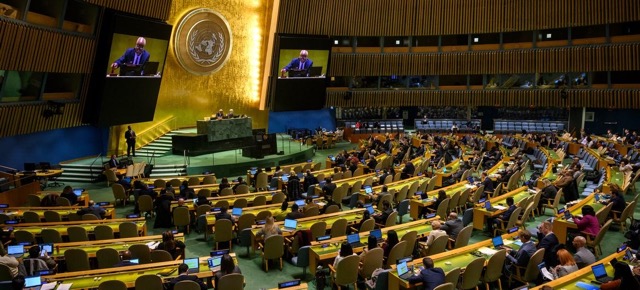
L'Assemblée générale des Nations unies adopte une convention contre la cybercriminalité
NCMEC
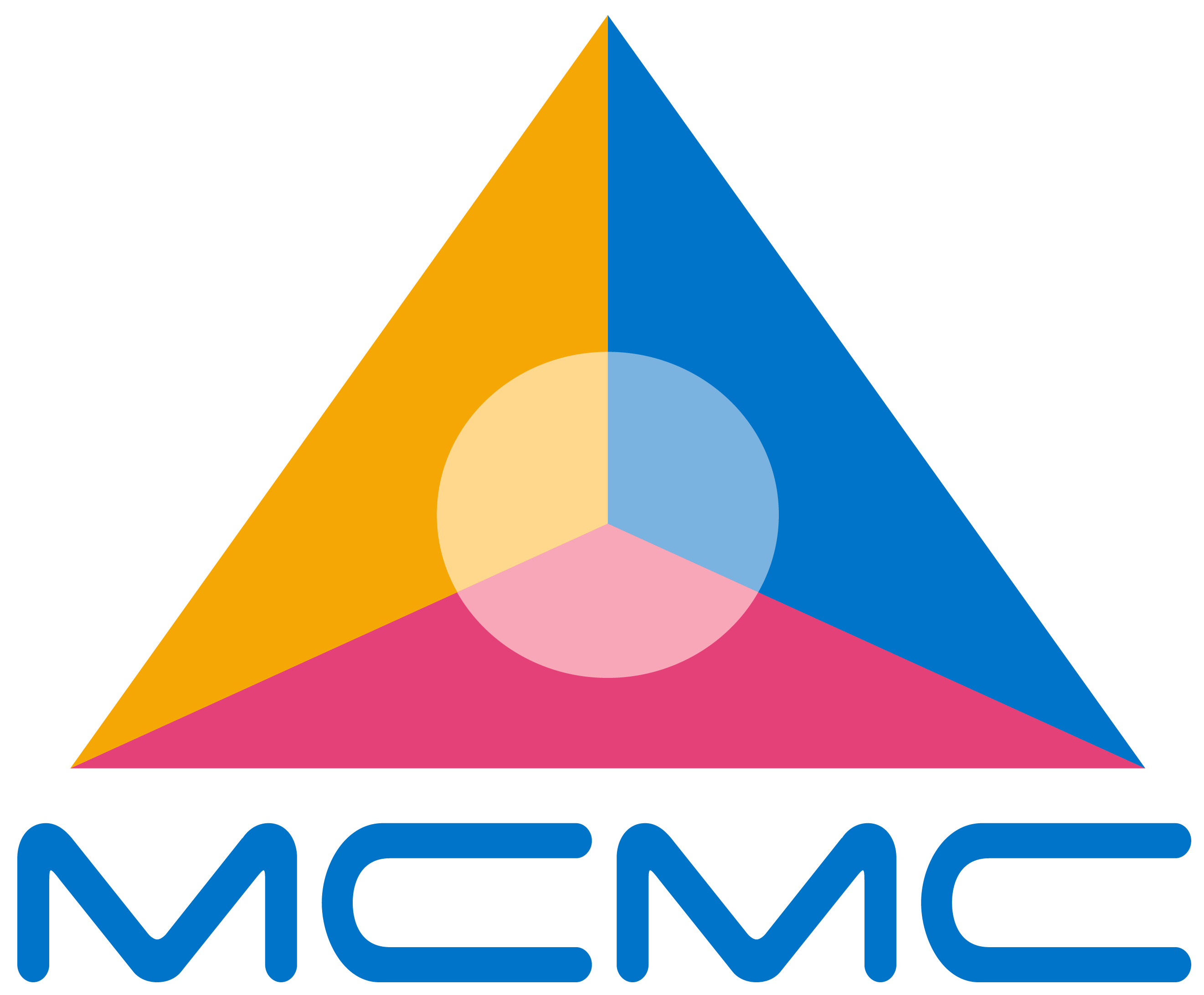
De nouvelles réglementations entrent en vigueur en Malaisie
MCMC

Les lignes directrices de INHOPE sur le plaidoyer et la mise en œuvre de changements législatifs
INHOPE

« Des plateformes mondiales, des protections partielles »
Red PaPaz

Tendances en sextorsion financière
Thorn et NCMEC

K&L Gates, partenaire du NCMEC, honoré en tant qu'innovateur bénévole
Bloomberg Law
Vue d'ensemble du Global Online Safety Regulators Network
Global Online Safety Regulators Network
Aperçu de la loi britannique sur la sécurité en ligne et des pouvoirs de l'Ofcom
Ofcom

Tolérance zéro envers l'exploitation sexuelle des enfants
EPCAT Taiwan

Lutter contre l'exploitation et les abus sexuels des enfants en ligne : Le modèle eSafety de l'Australie
eSafety

Le parcours d'un survivant à l'origine de la création de la Fundación PAS
Fundación PAS

Into the Light : Indice mondial Childlight de la prévalence de l'abus et de l'exploitation sexuels d'enfants
Childlight

Abus et exploitation sexuels d'enfants en ligne : Le point de vue des survivant(e)s
ECPAT International and WeProtect Global Alliance

Analyse réfléchie des données
NCMEC
Questions de politique émergentes
Vidéos
-
 Utilisation accrue de la technologie dans l’exploitation des abus sexuels sur enfants
Utilisation accrue de la technologie dans l’exploitation des abus sexuels sur enfants -
 Importance de la terminologie relative à l’exploitation sexuelle
Importance de la terminologie relative à l’exploitation sexuelle -
 La lutte d'ECPAT Taiwan pour la tolérance zéro
La lutte d'ECPAT Taiwan pour la tolérance zéro -
 Déclaration aux survivants
Déclaration aux survivants -
 Plateformes mondiales, protections partielles
Plateformes mondiales, protections partielles -
 L'approche du Royaume-Uni en matière de réglementation
L'approche du Royaume-Uni en matière de réglementation -
 K&L Gates soutient la plateforme mondiale sur la politique contre l’exploitation des enfants
K&L Gates soutient la plateforme mondiale sur la politique contre l’exploitation des enfants -
 Le modèle australien de sécurité électronique
Le modèle australien de sécurité électronique -
 Qu’est-ce qu’un matériel d’abus sexuel sur enfant ?
Qu’est-ce qu’un matériel d’abus sexuel sur enfant ? -
 Point de vue de l’industrie : la Tech Coalition
Point de vue de l’industrie : la Tech Coalition -
 Bâtir une communauté de pratique réussie
Bâtir une communauté de pratique réussie -
 NOUS Loi sur la décence en matière de communication (CDA)
NOUS Loi sur la décence en matière de communication (CDA)
Défense
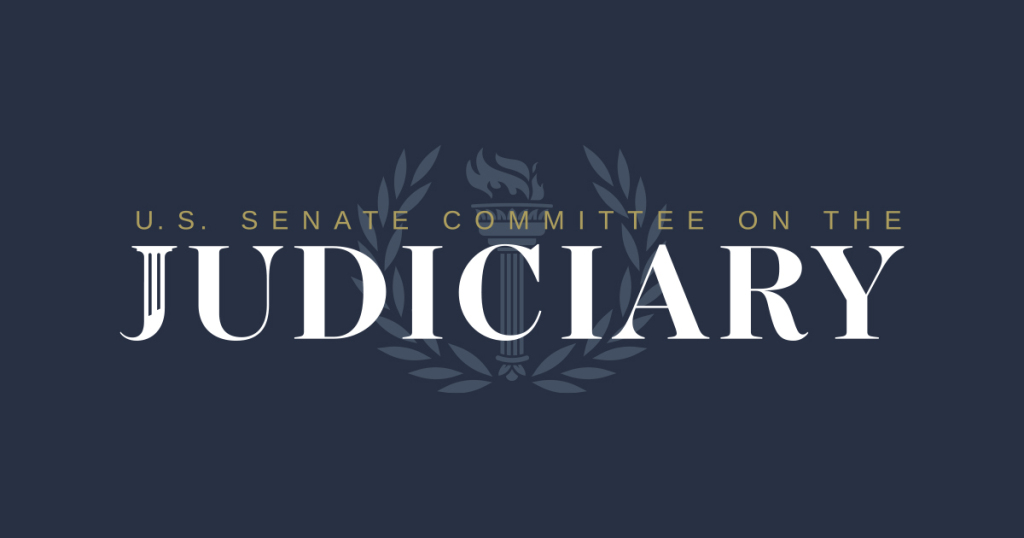
Congrès américain : « Protéger nos enfants en ligne »
NCMEC

Congrès américain : « S'attaquer au préjudice réel causé par les deepfakes »
NCMEC
Nous utilisons des cookies pour analyser notre trafic et améliorer votre expérience sur notre site web.
En continuant à utiliser ce site, vous reconnaissez et acceptez notre utilisation des cookies à ces fins, comme indiqué dans notre Politique de confidentialité.
Nécessaires pour que certaines fonctionnalités du site web, comme la connexion, fonctionnent correctement. Les désactiver peut affecter votre expérience utilisateur.
Ces cookies sont utilisés pour analyser le trafic de notre site et la manière dont les utilisateurs l'utilisent.

